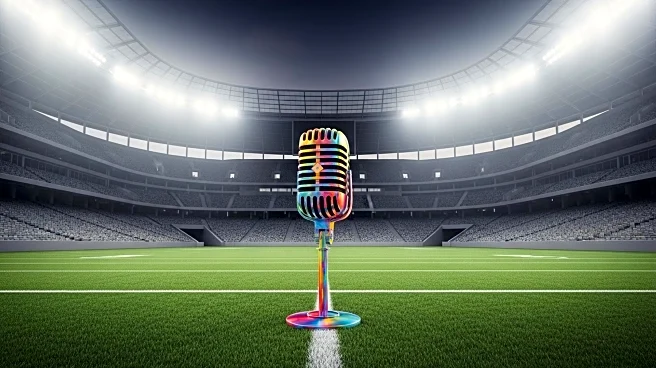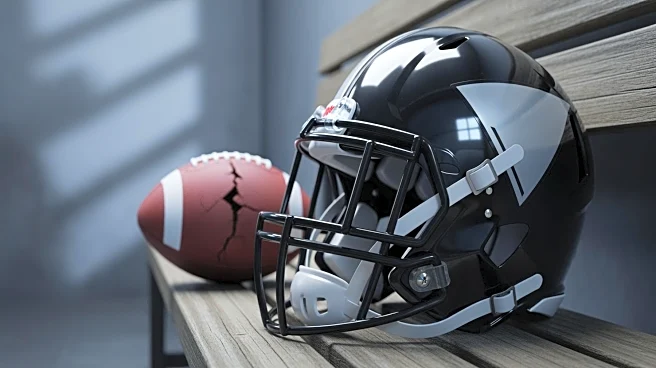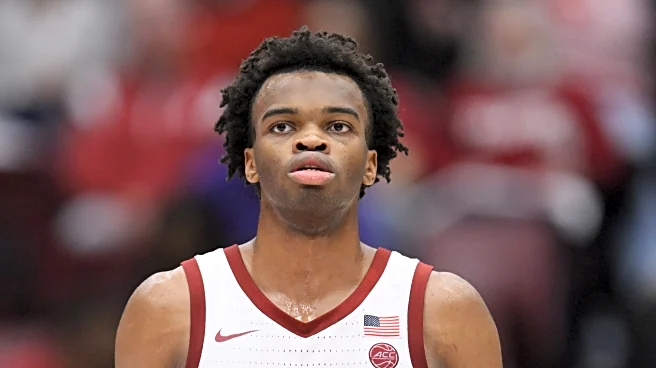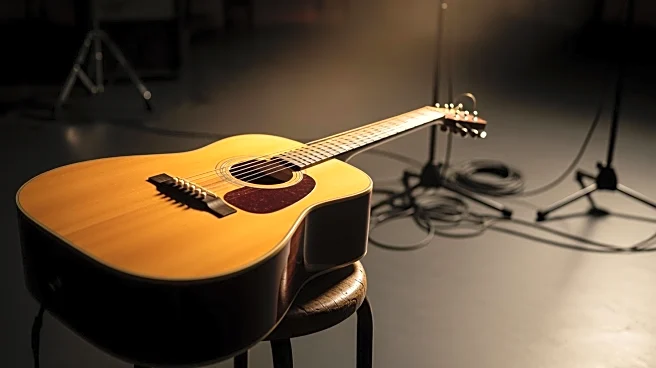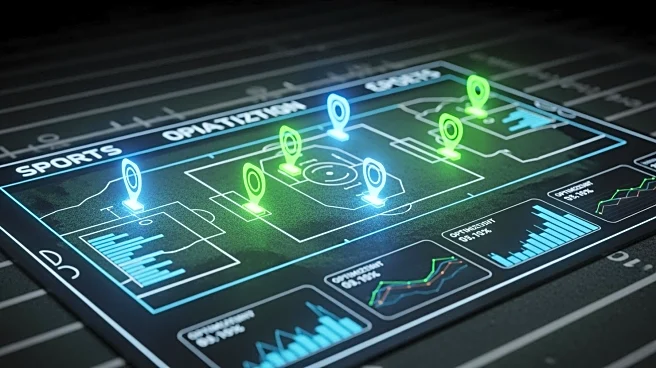What is the story about?
What's Happening?
Bad Bunny, the Puerto Rican music superstar, has been confirmed to perform at the Apple Music Super Bowl LX Halftime Show on February 8, 2026, at Levi's Stadium in Santa Clara, California. The announcement was made on September 28 by the NFL and Roc Nation. While the news was celebrated by many of his fans, it also sparked backlash from some conservative circles who criticized the choice of a Spanish-speaking artist for the event. In response to the criticism, Bad Bunny used humor to address the situation during his monologue on the October 4, 2025, episode of Saturday Night Live, where he made light of the reactions, including those from Fox News.
Why It's Important?
The selection of Bad Bunny for the Super Bowl Halftime Show is significant as it highlights the growing influence and acceptance of Latin artists in mainstream American culture. This decision reflects a broader trend of increasing diversity and representation in major U.S. events, which can have a positive impact on the visibility and acceptance of minority communities. However, the backlash also underscores ongoing cultural tensions and resistance to change within certain segments of the population. The event could serve as a catalyst for further discussions on inclusivity and representation in American entertainment.
What's Next?
As the Super Bowl approaches, it is likely that discussions around Bad Bunny's performance will continue, potentially influencing public opinion and media narratives. The NFL and Roc Nation may also face pressure to address the backlash and emphasize their commitment to diversity. Additionally, Bad Bunny's performance could set a precedent for future halftime shows, encouraging the inclusion of more diverse artists. Stakeholders such as advertisers and sponsors may also weigh in, considering the potential impact on their brand image and audience reach.
Beyond the Headlines
The controversy surrounding Bad Bunny's performance highlights deeper cultural and societal issues, such as the ongoing debate over immigration and national identity in the United States. It also raises questions about the role of entertainment in shaping public discourse and the responsibility of artists to address social issues. The situation may prompt further examination of how cultural events can serve as platforms for promoting inclusivity and challenging stereotypes.
